Civil rights leader Elizabeth Peratrovich, senator Lisa Murkowski among 10 influential women from Alaska
In the 1940s, almost 20 years before Alaska became the 49th state of America, signs frequently were hung in store windows and doors that spoke to blatant racism in the area. Phrases like “No Natives Allowed” or “No Dogs or Indians” were common.
But Elizabeth Peratrovich was determined to change it. After all, hadn’t her Indigenous ancestors been here long before European settlers moved in?
This year, to commemorate the 100th anniversary of the 19th Amendment, when American women won the right to vote, the USA TODAY Network is naming 10 women from every state, plus the District of Columbia, as “Women of the Century.” These women have made significant contributions to their communities, states and country with documented achievements in areas like arts and literature, business, civil rights, education, entertainment, law, media, nonprofits and philanthropy, politics, science and medicine, and sports. To be eligible for these lists, the women had to have been alive between 1920 and 2020.
In Alaska, the theme of civil rights came up time and time again as an expert panel worked to whittle our initial list of 53 nominees to just 10 women. Two Alaska women stood above the rest, the only unanimous selections to the list: Peratrovich and Katie John.
Both Native leaders, Peratrovich and John fought tirelessly for the rights of Indigenous people, determined to not only be treated as equals under the law but that the law would protect their culture and traditions for centuries to come. Their work has inspired generations of Alaskans who came after them, and their victories are still felt today: Katie John’s work rewrote the rules on Alaska wildlife allocation and the lawyer in that case, Heather Kendall-Miller, has built a career fighting for Native rights, one of the country’s experts in federal Indian law.
Perhaps the best-known woman from Alaska is noticeably absent from our list: Former Gov. Sarah Palin, who rose to prominence when she was selected the Republican vice presidential candidate in the 2008 election, did not make the cut.
Shortly after Palin and John McCain lost the 2008 race, Palin resigned as governor of Alaska. For the purposes of the USA TODAY project, the Alaska panel felt strongly that while Palin is undoubtedly an influential woman within the state, someone who quits – particularly amid significant ethics investigations – should not make the state's list.
Are you registered to vote? Take the first step to making sure your vote counts.
Other notable absences include Dolores Churchill, a celebrated Native artist; Rita Pitka Blumenstein, the first certified traditional doctor in Alaska; Arliss Sturgelewski, the first woman to head a major party ticket as the Republican candidate for governor in 1986; Rosita Worl, an anthropologist; and Mary Jane Fate, a founding member of the Fairbanks Native Association and the Institute of Alaska Native Arts. All were worthy choices and received heavy consideration but did not make the final 10. Their contribution remains crucial to the state.
The Alaska list is packed with women who broke barriers not only in the world of civil rights but in other areas, like sports, where Susan Butcher remains one of the best dog mushers to ever win the Iditarod race. In politics, Fran Ulmer was the first woman elected to statewide office in Alaska. Ulmer’s success undoubtedly opened the door for other women like Lisa Murkowski, one of the nine Republican women currently serving in the U.S. Senate.
The biggest lesson in this project: Alaska has come a long way since the 1940s – and it has many women to thank because of it.
Who is your Woman of the Century? Did we miss a woman you think should be on our list? We’d like to hear from you.
Elizabeth Peratrovich
Civil rights leader
(1911-1958)
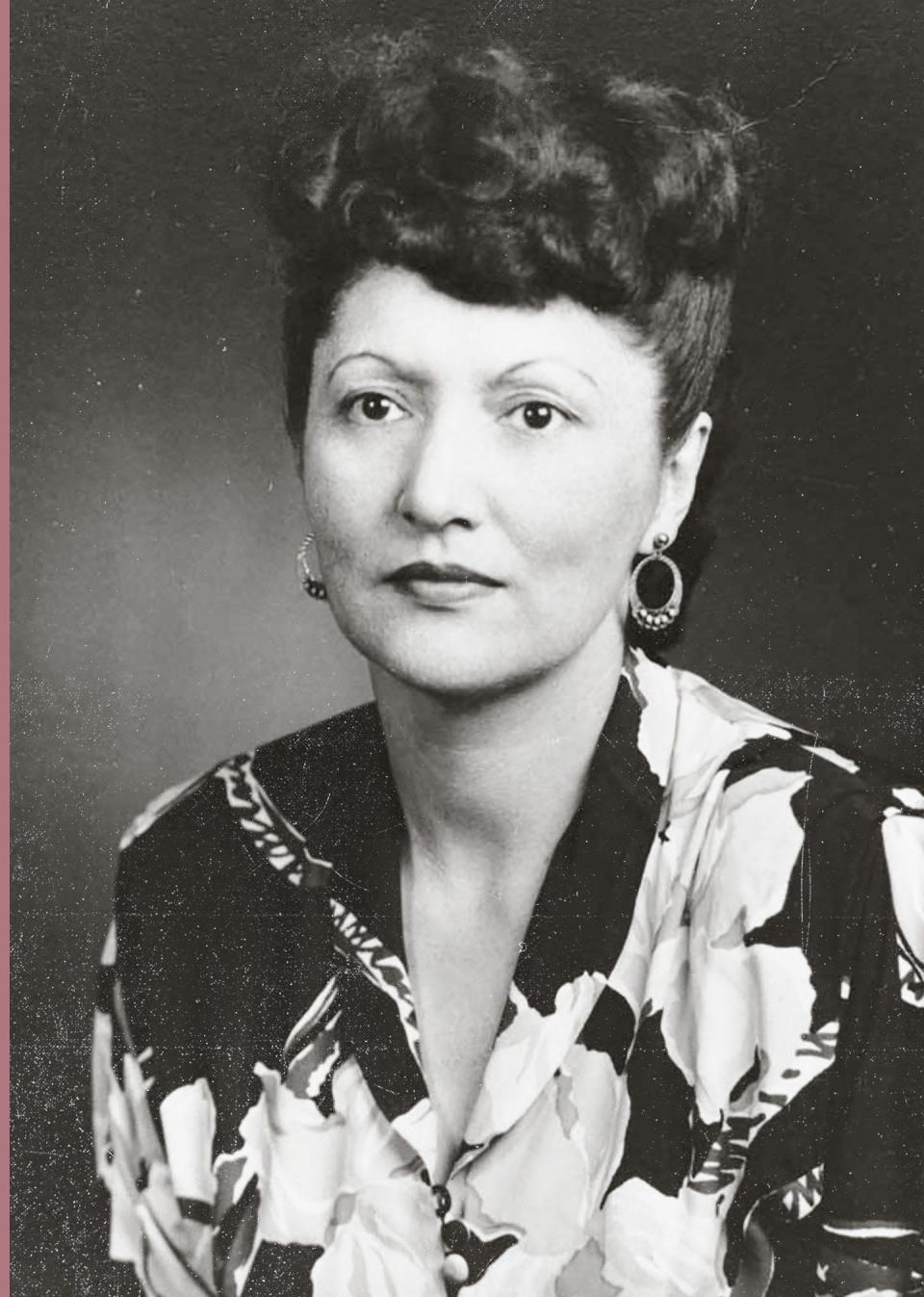
What started as the final straw in a long history of segregation in Alaska later became Elizabeth Peratrovich’s legacy. Born in Petersburg, Peratrovich was a civil rights leader who championed Native American rights, was instrumental in the passing of the nation’s first anti-discrimination law in 1945 and was a member of the L'uknax.ádi clan, in the Raven moiety of Tlingit Nation.
Working with her husband, Roy, Peratrovich wrote a letter to the territory’s governor, Ernest Gruening, arguing that they would no longer accept the discrimination they faced daily, from fully segregated schools, cemeteries, hospitals, schools and restaurants to “no natives allowed” signage. Gruening joined forces with the Peratroviches and attempted to pass the first anti-discrimination bill in 1943.
Though the bill failed, they spent the next two years lobbying, appealing to Alaska Natives to campaign for Legislative seats and traveled throughout the territory to gain support. It was Peratrovich’s final testimony that was considered the decisive hallmark of the bill’s eventual passing in 1945, shaming the racist legislators into action. The bill was signed on Feb. 16 – now celebrated statewide as Elizabeth Peratrovich Day – and was the first anti-discrimination act in the country.
Katie John
Advocate for Native rights
(1915-2013)
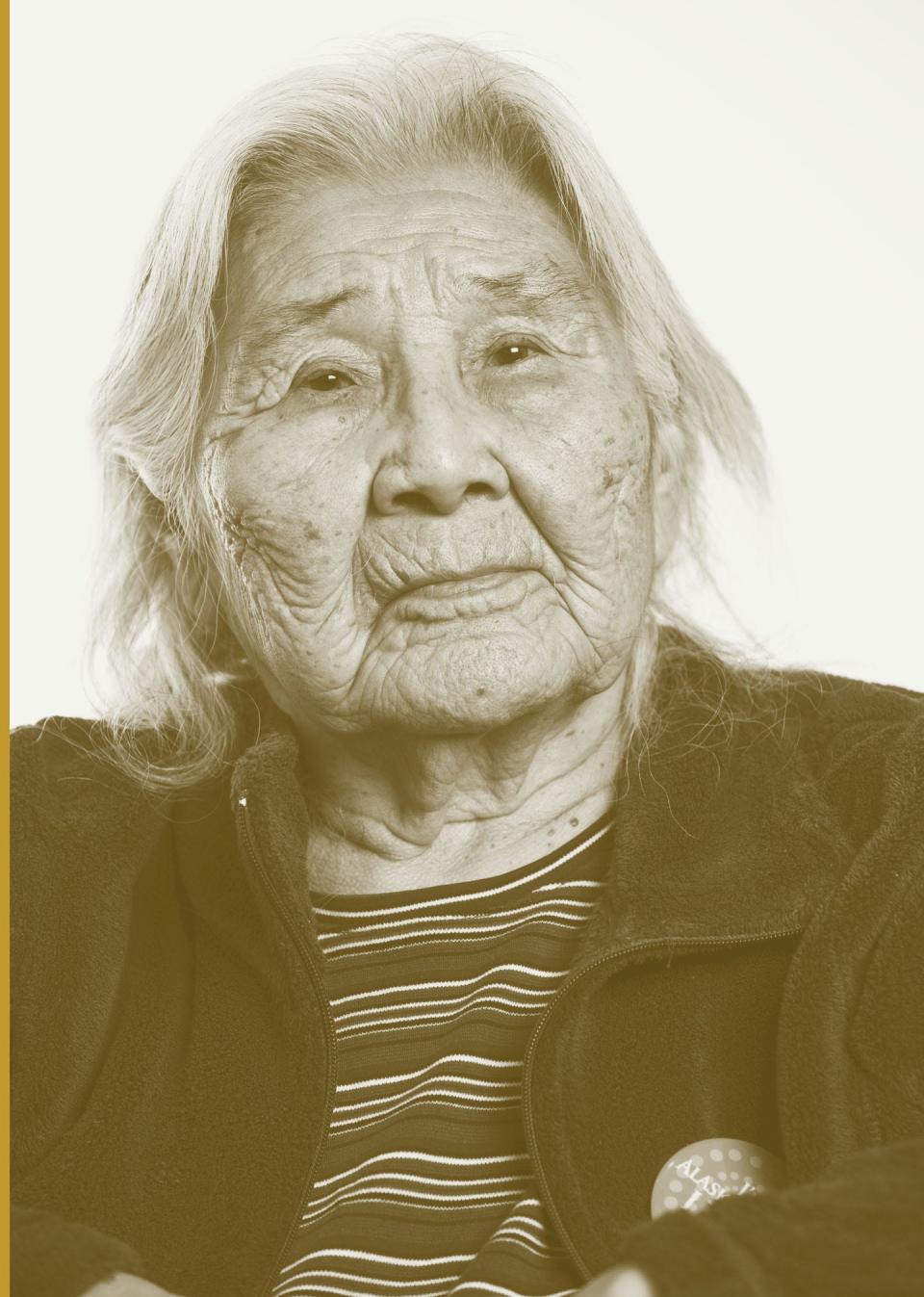
Born near Slana, in the eastern part of the state, Katie John grew up in Baltzulneta, a Native village. She was raised in what Natives refer to as “the traditional way,” which meant her family survived off hunting and fishing. In time, this is what John became known for.
An Ahtna Athabascan leader, John was an outspoken and passionate advocate for Native rights. In the 1980s, she sued both the state and U.S. government over Native subsistence rights. After decades of litigation, she won, which resulted in significant changes to Alaska’s wildlife allocation. With dogged determination, she ensured that generations of Natives to come – including the more than 250 descendants she had at the time her death – would be allowed to continue the subsistence way of life in rural Alaska.
She was also resolute in her pursuit to teach and preserve Athabascan culture; in the 1970s, she helped create the first written alphabet of Ahtna dialect. In 2015, the U.S. Fish & Wildlife Service named her a conservation hero. May 31 is celebrated in Alaska as Katie John Day. When she died at age 97, U.S. Sen. Lisa Murkowski called her “a piece of Alaska’s soul.”
Heather Kendall-Miller
Advocate for Alaska Native rights
(1955- )
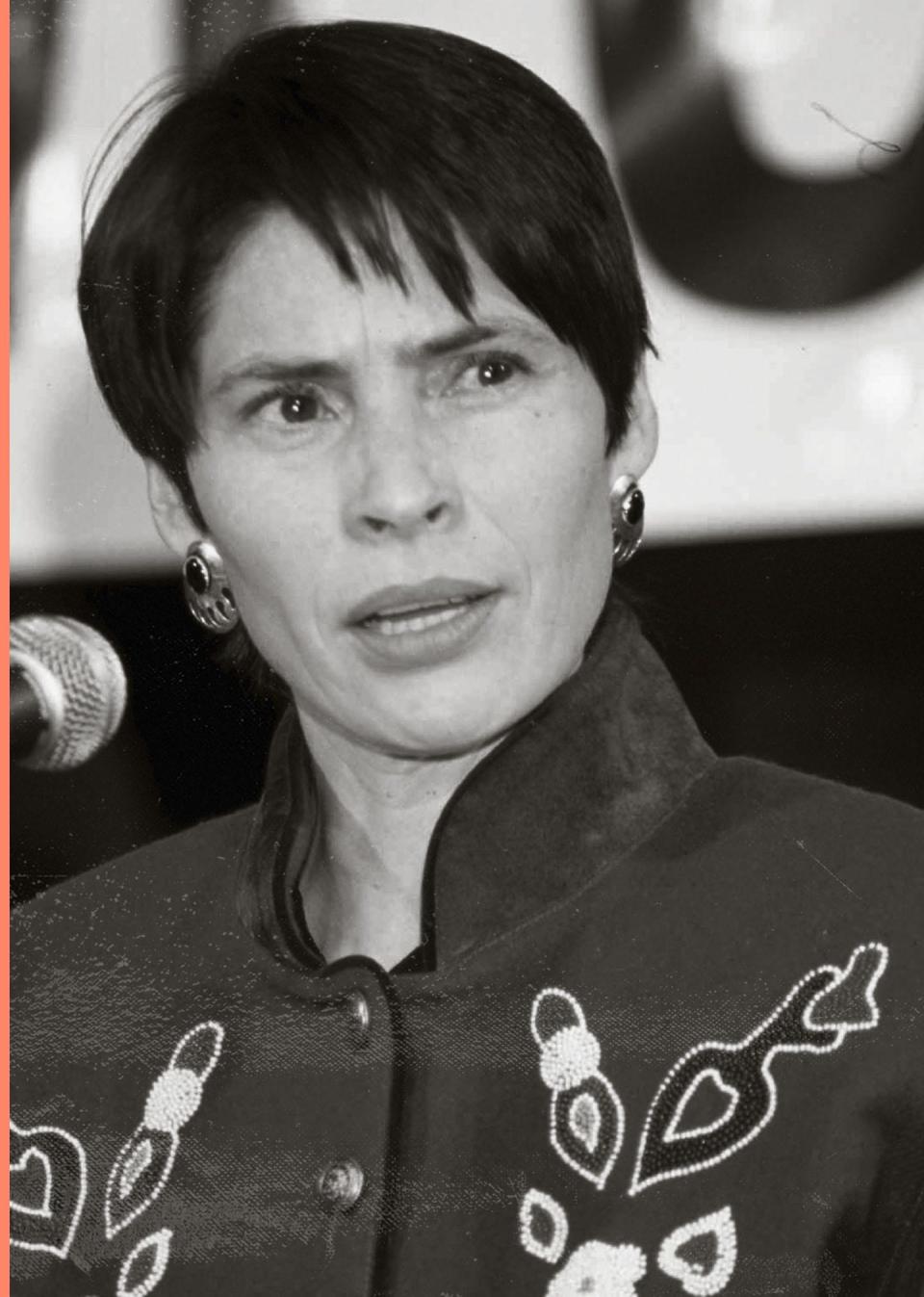
A fierce but compassionate advocate for Alaska Native rights for nearly 30 years, Heather Kendall-Miller, of Dena’ina Athabascan descent, is known for her legal expertise that includes cases involving subsistence, tribal sovereignty, human rights and taxation. She was instrumental in winning the Katie John subsistence hunting and fishing rights case, which changed the landscape of Alaska’s wildlife allocation.
Kendall-Miller has dedicated most of her career to bettering life for Alaska Natives. Prior to her work as a staff attorney at the Native American Rights Fund, Kendall-Miller worked in Anchorage and Washington, D.C., doing legislative research and writing memoranda for litigation. Though she technically retired in 2019, she continues to champion important and culturally significant issues on behalf of Natives.
She is the co-founder of Native Vision, a grassroots movement dedicated to the continuation of the Alaska Native traditional life and well being of their people, as well as a founding board member of Native Peoples Action, an advocacy organization dedicated to advancing Indigenous peoples of Alaska. In 1998, she became the first Alaska Native to argue before the Supreme Court in Alaska v. Native Village of Venetie, a case centered on taxation. In 2018, the Federal Indian Bar Association honored Kendall-Miller with the Lawrence R. Baca Lifetime Achievement Award for Excellence in Federal Indian Law.
Valerie Nurr’araaluk Davidson
Advocate for Alaska Native rights
(1967- )
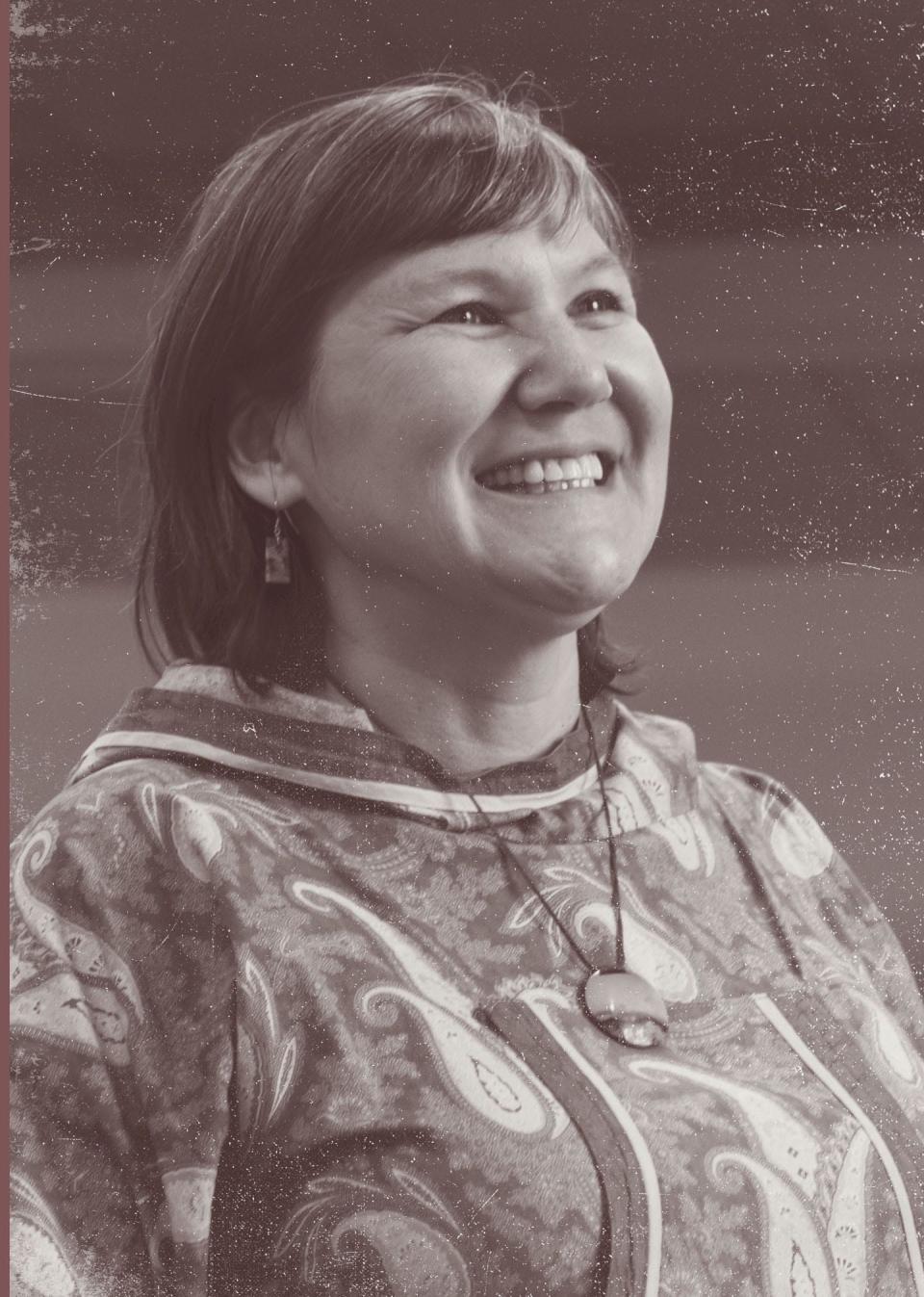
Born in Bethel, in the Western part of the state, Valerie Nurr'araaluk Davidson, of Yup’ik descent, has spent decades fighting for Alaska Natives. She served only briefly as Alaska’s Lieutenant Governor from October 2018 to December 2018 – the first Alaska Native woman to hold higher office in the state – but her impact around the state has been evident for decades.
Davidson is almost single-handedly responsible for expanding Medicaid in Alaska, fighting in particular for rural Native villages often accessible only by small airplanes. Two of her biggest accomplishments include getting rural veterans care at tribal clinics in their communities, and fighting to put dental therapists in rural villages, which helped create the country’s first midlevel dental program and gave tens of thousands of Alaskans access to dental care. She also negotiated the Alaska Tribal Child Welfare Compact, a groundbreaking agreement between the state of Alaska and 162 Alaska tribes that recognizes the tribes’ authority to oversee placement of Native children and provide child welfare services.
Before her tenure as lieutenant governor, Davidson served as the state’s Health and Social Services commissioner; before that she led the legal and intergovernmental affairs team at the Alaska Native Tribal Health Consortium. In April, she became the 12th president of Alaska Pacific University, a private liberal arts college in Anchorage.
Fran Ulmer
First woman elected to statewide office in Alaska
(1947- )
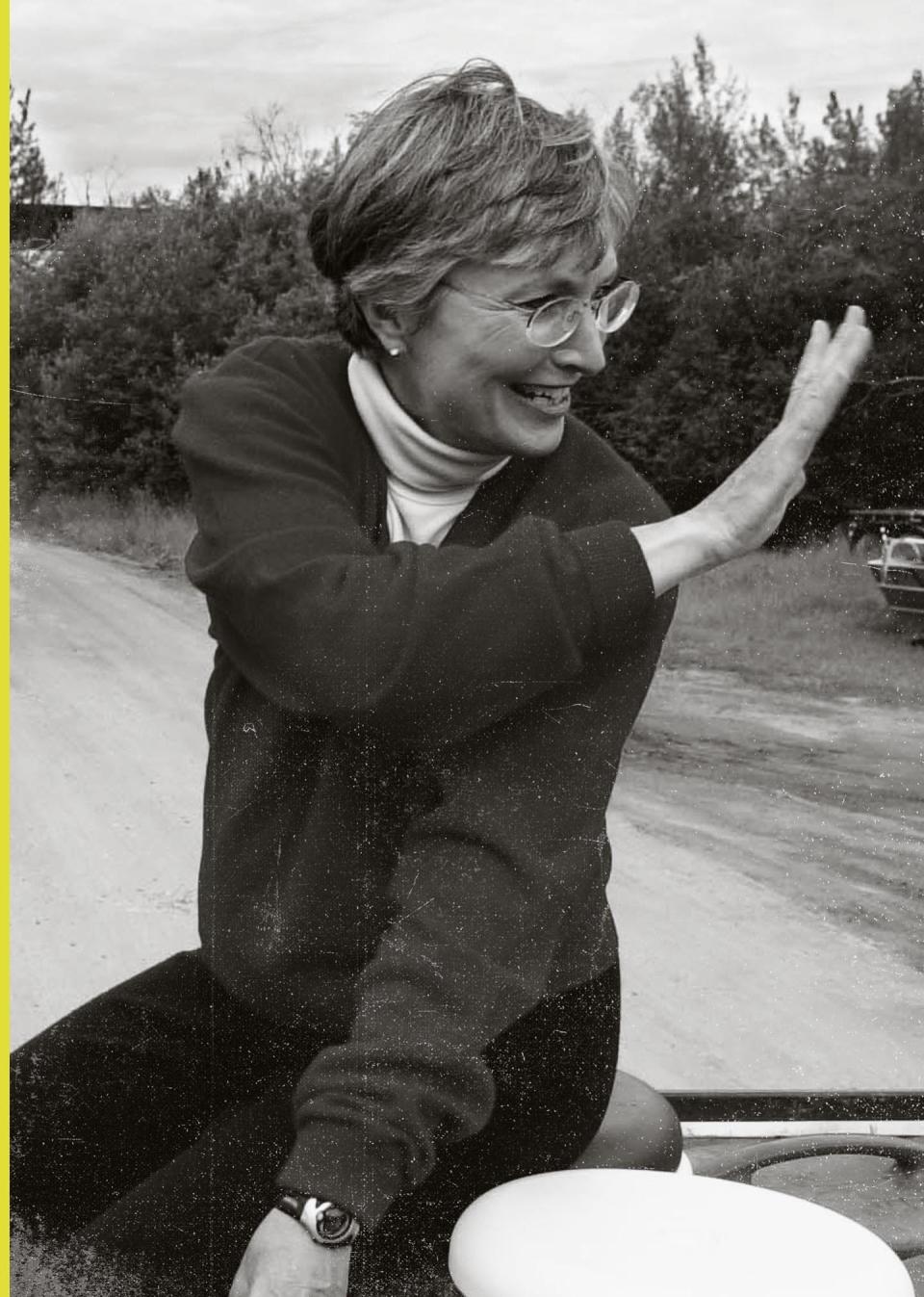
Frances Ann Ulmer is chair of the United States Arctic Research Commission, a former Democratic politician and the first woman elected to statewide office in Alaska. Originally raised in Wisconsin, Ulmer moved to Alaska in 1973, where she started a 35-year-long career in public service as a staffer for Representative Helen Beirne. She later worked as a legislative assistant for Gov. Jay Hammond before entering elected office, first as the mayor of Juneau and then in the Alaska House of Representatives before spending eight years as the lieutenant governor.
After losing the 2002 election for governor, Ulmer left politics for public policy, completing a fellowship at Harvard’s Kennedy School of Government, and took a position as director of the Institute of Social and Economic Research at the University of Alaska, where she later was promoted to chancellor. Ulmer championed resource policy after leaving the university, serving as director of policy development for the state of Alaska and was appointed by President Barack Obama to the National Commission on the BP Deepwater Horizon Oil Spill and Offshore Drilling in 2010. The next year, Obama appointed Ulmer chair of the U.S. Arctic Research Commission.
Mary Louise Rasmuson
Former director of Women’s Army Corps
(1911-2012)
Mary Louise Rasmuson was a member of the Women’s Army Corps in World War II, later becoming its director under two presidents. After the military, Rasmuson dedicated her life to civil service and philanthropy, advocating for civil rights and education.
Though women weren’t allowed in combat roles, Rasmuson was eager to find a way to serve after her two brothers joined the military at the start of World War II. She was one of the 400 or so original officers for the Women’s Auxiliary Army Corps, which was later renamed and became a permanent office in the Army responsible for aircraft mechanics, training how to send code, cryptology and more. After four years as an Army adviser in Europe, she was named director of the Women’s Auxiliary Army Corps by President Dwight Eisenhower and later reappointed by President John F. Kennedy.
Lisa Murkowski
United States senator
(1957- )
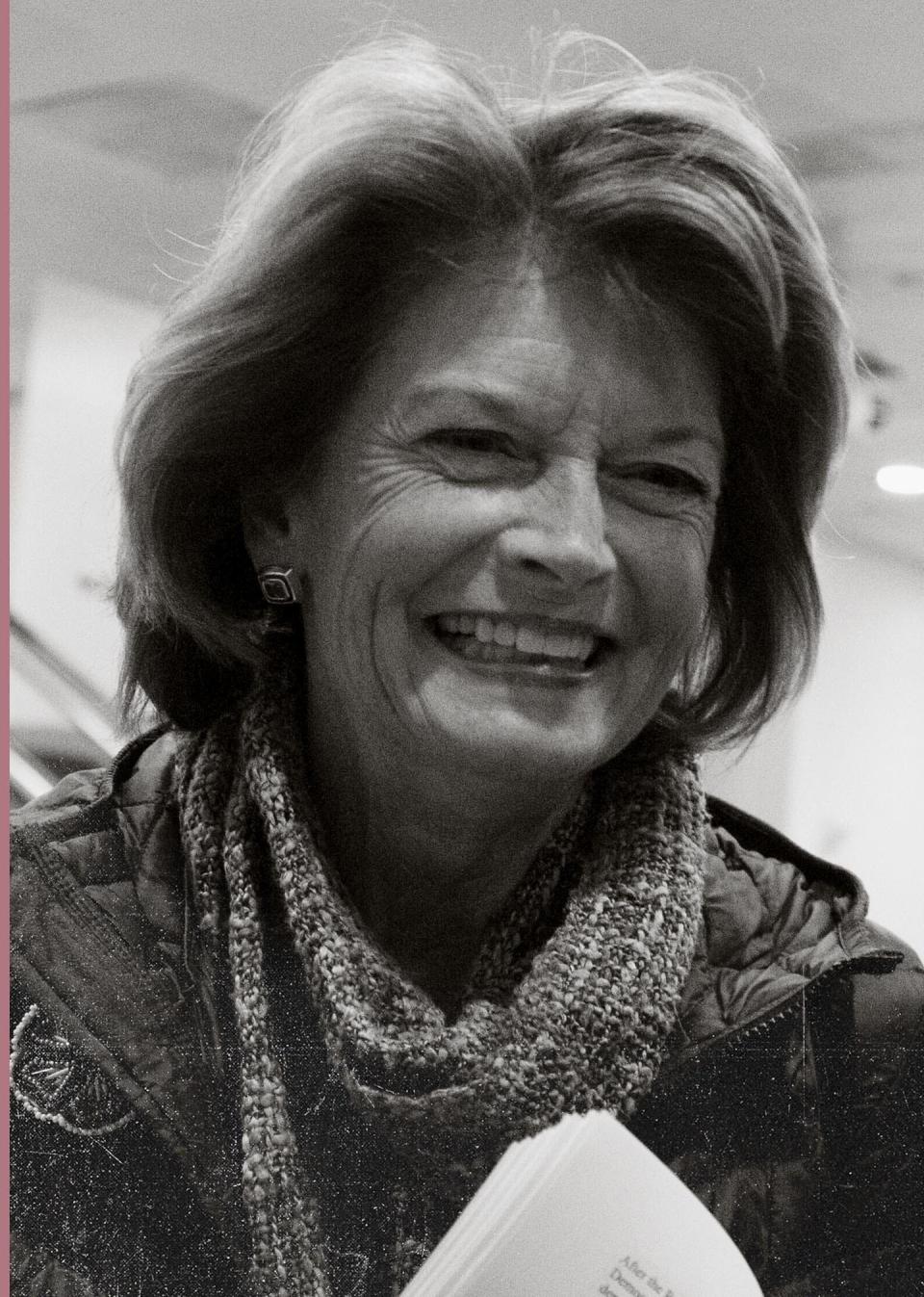
Born in Ketchikan in the southeast corner of the state, Lisa Murkowski grew up surrounded by politics, volunteering to work on her first gubernatorial campaign when she was just 16. After earning her bachelor’s degree from Georgetown University in Washington, D.C., and her law degree from Willamette University in Oregon, Murkowski returned to Anchorage to practice law. She was elected to the Alaska House of Representatives in 1998, serving three terms.
In 2002, after her father won a bid for governor of Alaska, he appointed her to serve out his term in the U.S. Senate. Though the decision initially invoked controversy, two years later Murkowski handily won her election to hold the seat. She is often viewed as a crucial swing vote, known for working across party lines, and is considered a leader in Alaskan energy issues.
In 2010, despite being defeated in the primary by a Tea Party candidate, Murkowski won election again as a write-in candidate. She is just the second U.S. senator – and the first since 1954 – to do so, and the only woman to hold that distinction. She’s now chair of the Senate Energy and Natural Resources Committee.
Dalee Dorough
International chair of the Inuit Circumpolar Council
(1959- )
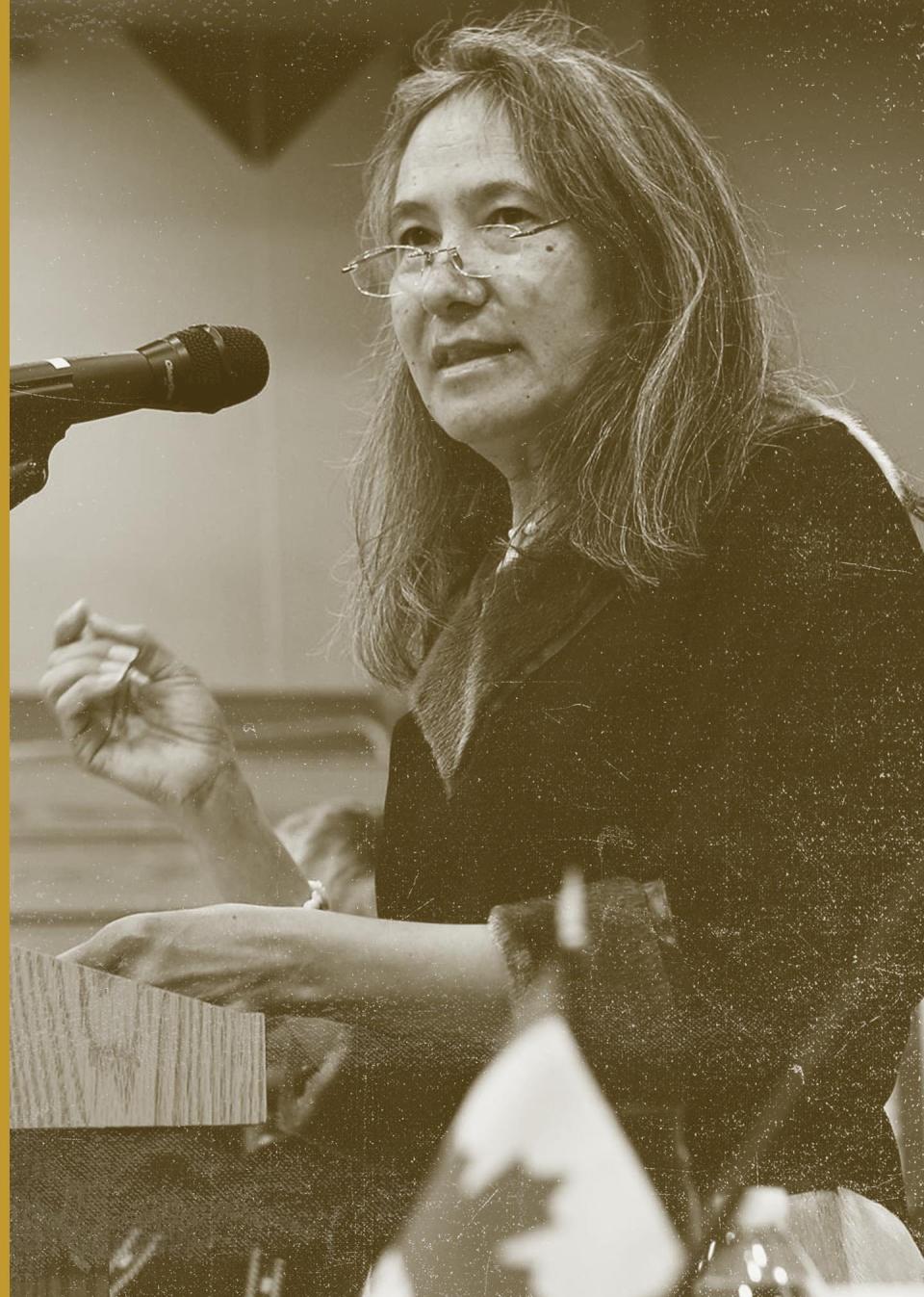
Dr. Dalee Sambo Dorough, of Inuit-Alaska descent, is the recently elected International Chair of the Inuit Circumpolar Council, a nongovernmental organization representing more than 160,000 Inuit from Greenland to the Russian Far East. She has long been a powerhouse representative of Indigenous issues worldwide.
The former co-chair of the International Law Association Committee on Implementation of the Rights of Indigenous People, Dorough started her career as a paralegal in Alaska in 1976 before working as executive director at the Inuit Circumpolar Council in Anchorage in 1982, the same organization she volunteered with when it was first established in 1977. She earned a master of arts in law and diplomacy from Tufts University and later took over as executive director at the International Union for Circumpolar Health and the Alaska Inter-Tribal Council.
A former adviser to the U.N. Indigenous issues and a specialist in public international law, international human rights law, international relations and Alaska Native rights, Dorough also taught political science at the University of Alaska-Anchorage for a decade. She has been honored with numerous awards, including a Fulbright Scholarship in the 1995-96 academic year.
Georgianna Lincoln
Only Alaska Native woman ever elected to the Alaska state Senate
(1943- )
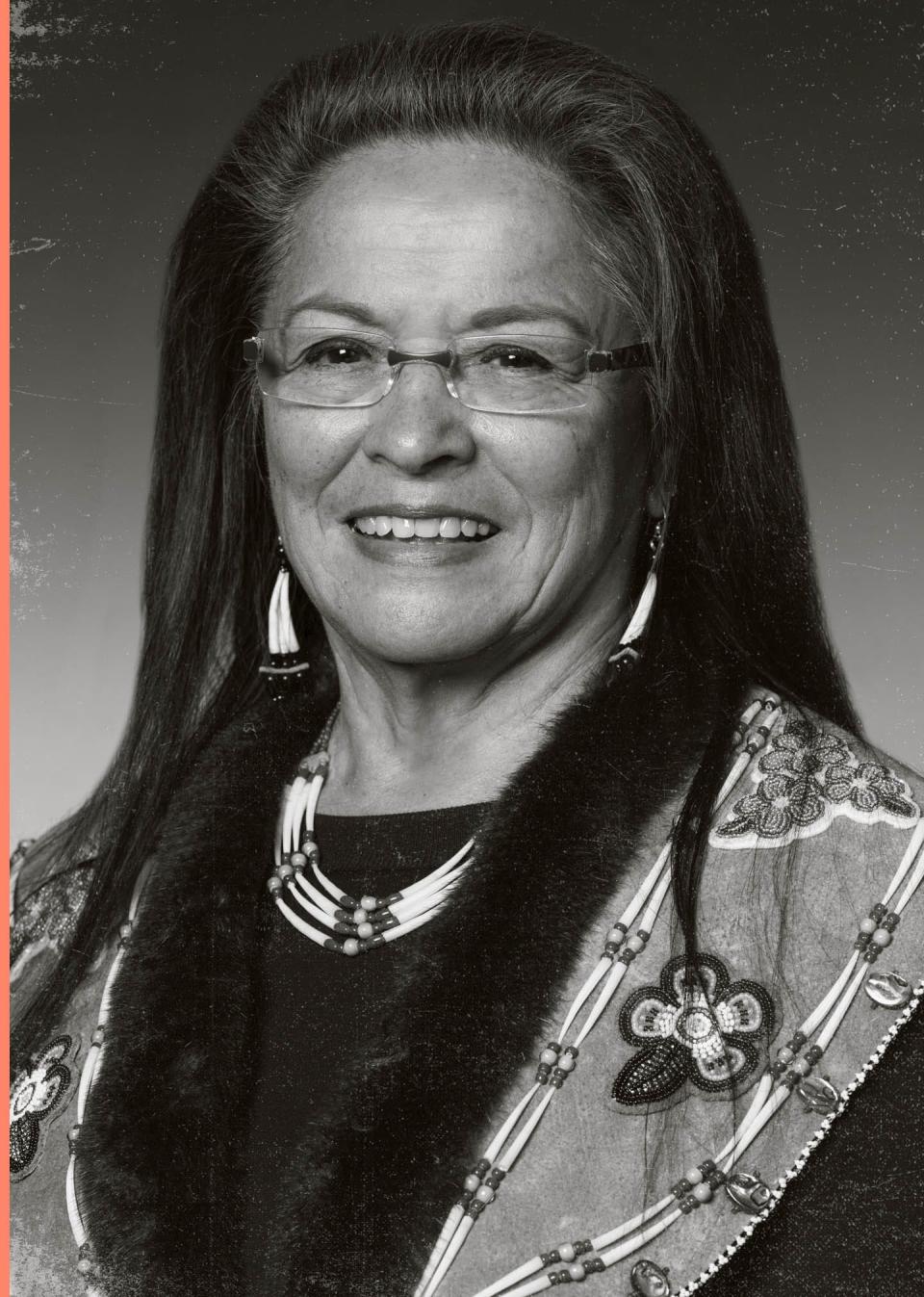
Georgianna Lincoln, of Koyukon Athabascan descent, is an American politician and businesswoman, and still the only Alaska Native woman ever elected to the Alaska state Senate.
Born in Rampart, Lincoln was among the activists who fought for Native land ownership, eventually securing Alaska Native land claims in the 1970s. Throughout the next decade, she developed health and education programs in her region before turning to politics. She was a member of the Alaska Commission of Judicial Conduct from 1984 to 1990 before joining the Alaska House of Representatives in 1991. From 1993 to 2005, Lincoln served in the Alaska State Senate and remains the only Alaska Native woman to date to hold that title, advocating for women, children and natural resource management.
After leaving the Senate in 2005, after 14 years of service, Lincoln took over as chair of Doyon, Limited, a regional corporation for Interior Alaska created out of the Alaska Native Claims Settlement Act, where she had served as a board member since 1976. She remains a mentor for women throughout the state and has served on numerous state board and commissions, including as director of programs for Tanana Chiefs Conference and as a director on the Alaska Native Heritage Center board, the Alaska Native Health Board and the National Indian Women’s Association.
Susan Butcher
Award-winning American sled-dog racer
(1954-2006)
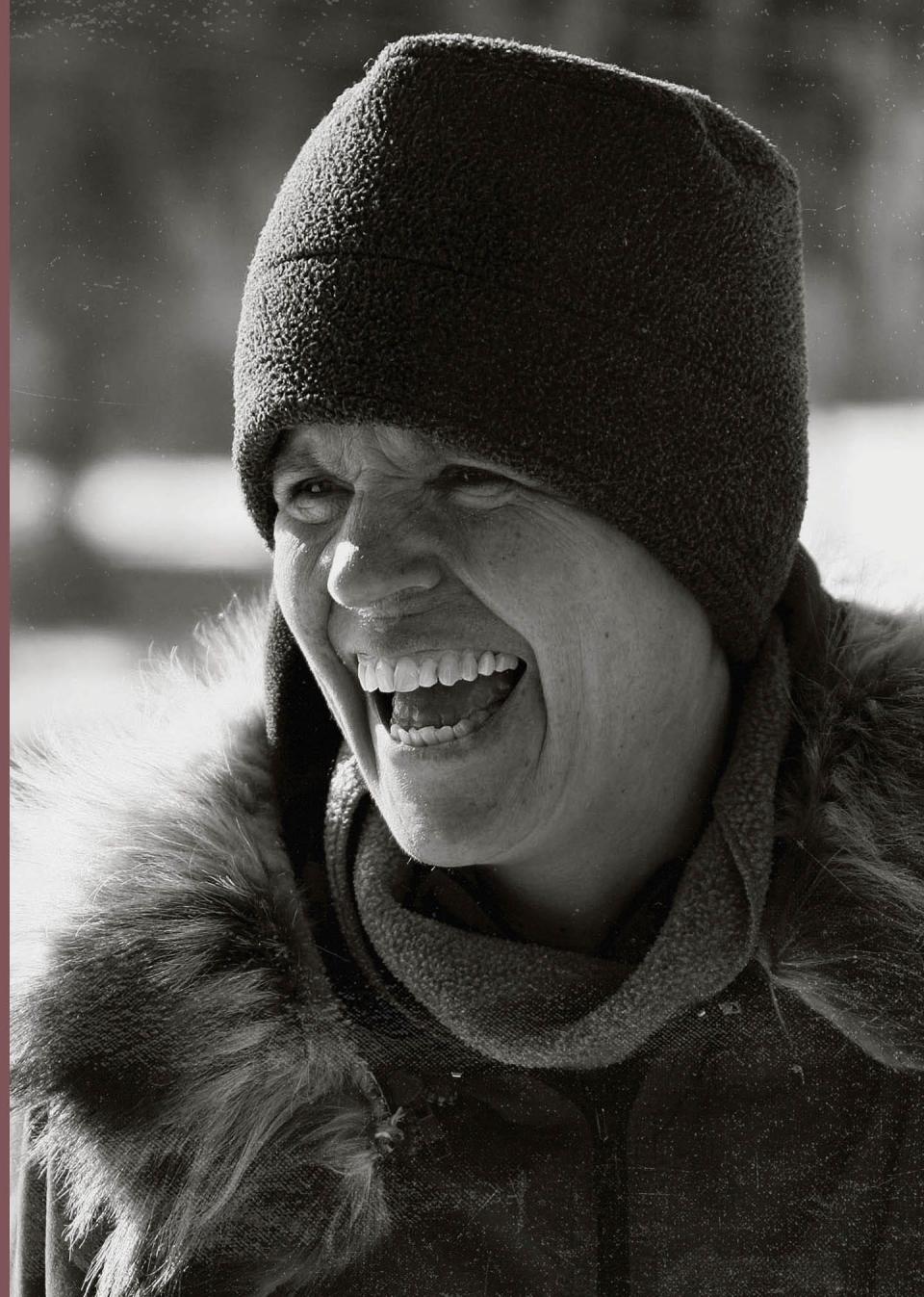
Born in Cambridge, Massachusetts, Susan Butcher would eventually become known all over the world for her dominance in the Iditarod, the 1,100-mile dog mushing race between Anchorage and Nome.
In 1986, Butcher became just the second woman to win the race, then won in 1987 and 1988, making her the first person to win three consecutive times. After finishing second in 1989, she again claimed victory in 1990. Twice, she set speed records in the famed race. She was the first and only person to take a sled dog team to the top of Denali, the highest mountain peak in North America. The Women’s Sports Foundation named her its Professional Sportswoman of the Year in 1987 and 88. In 2000, Sports Illustrated named her one of the top 100 female athletes of the 20th century.
Butcher died in 2006 of leukemia at 51. In Alaska, the first Saturday of every March – the day the Iditarod starts – is celebrated as “Susan Butcher Day.” According to the Alaska Sports Hall of Fame, the Iditarod was at one time known as “The race that woman wins.”
More coverage
Women of the Century: They didn’t succeed despite adversity, but often because of it
50 states: Learn about notable women from every state
Who is your Woman of the Century?: Let us know
Recognizing women past and present: See all of our coverage
Contributing: Samantha Bakall
Special thanks to the Alaska Women of the Century panel: Pearl Brower of Iḷisaġvik College; Liz Medicine Crow of First Alaskans Institute; Bonnie Jack of the Alaska Women’s Hall of Fame; Kendra Kloster of Native People’s Action; and Kimberly Pace of the University of Alaska-Anchorage.
Sources used in the Women of the Century list project include newspaper articles, state archives, historical websites, encyclopedias and other resources.
This article originally appeared on USA TODAY: Women of the Century: Politicians, civil rights leaders on Alaska list

